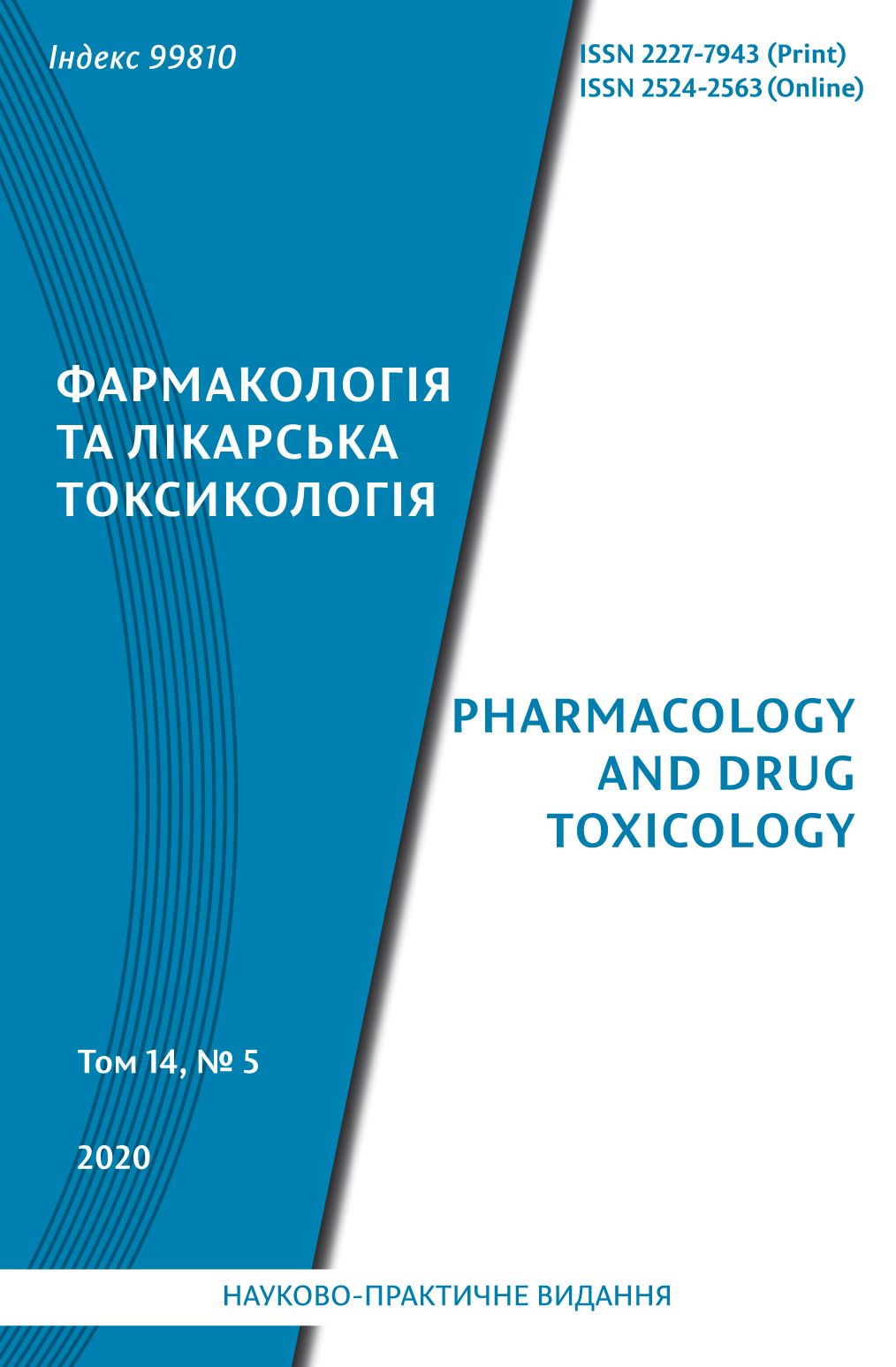Abstract
In the paper, the literature dedicated to the cardioprotective effects of the antidiabetic drug metformin is reviewed. Cardiovascular complications are the most common cause of death in patients with diabetes.
Diabetic heart injury usually manifests itself in the form of coronary heart disease, autonomic cardiac neuropathy and diabetic cardiomyopathy. Diabetic cardiomyopathy is characterized by apoptosis, hypertrophy and fibrosis, as well as cardiac dysfunction, and is defined as functional and structural changes in the myocardium, independent of vascular or heart diseases. Coronary heart disease is more common in diabetics than in the general population, and the consequences of myocardial infarction are much more severe, due to excessive remodeling of the heart muscle. Cardiac autonomic neuropathy is a significant
predictor of arrhythmias, myocardial dysfunction, and is also associated with increased mortality.
Metformin is the drug of choice in terms of efficacy and safety for the initial pharmacotherapy of diabetes mellitus and remains the first-line drug for most patients. Metformin improves receptor sensitivity to insulin and reduces insulin resistance, which is a leading pathophysiological cause in the development of
type 2 diabetes. As a result, body weight, hyperinsulinemia and hyperglycemia are reduced. In addition to hypoglycemic, it causes other important effects, in particular, improves cardiac function and reduces the risk of myocardial infarction. Metformin causes a positive effect on cardiac activity due to its direct effect
on cellular metabolism, endothelial function, platelet activity and calcium homeostasis, modulates risk factors for atherosclerosis, increases myocardial tolerance to ischemia-reperfusion and prevents the development of heart failure. The drug exhibits pronounced cardioprotective effects in vivo and in vitro in
stress conditions, protecting the myocardium from hypertrophic, apoptotic, fibrotic remodeling and inflammation, reprograms the expression of fetal genes which are deregulated due to these pathological changes in the myocardium. Most studies demonstrate that metformin exerts its cardioprotective properties by activating adenosine monophosphate-activated protein kinase, but it was also established that in cardiomyocytes metformin acts independently of this enzyme activity. It is increasingly evident that adenosine monophosphate-activated protein kinase is not the only target in the mechanism of metformin’s
action. The FoxO1-dependent mechanism of the drug’s antiapoptotic effect is confirmed.
Therefore, the problem of molecular and genetic targets of cardioprotective metformin’s action exploring remains relevant, which can help understand better and expand the indications of this antidiabetic drug prescribing.
